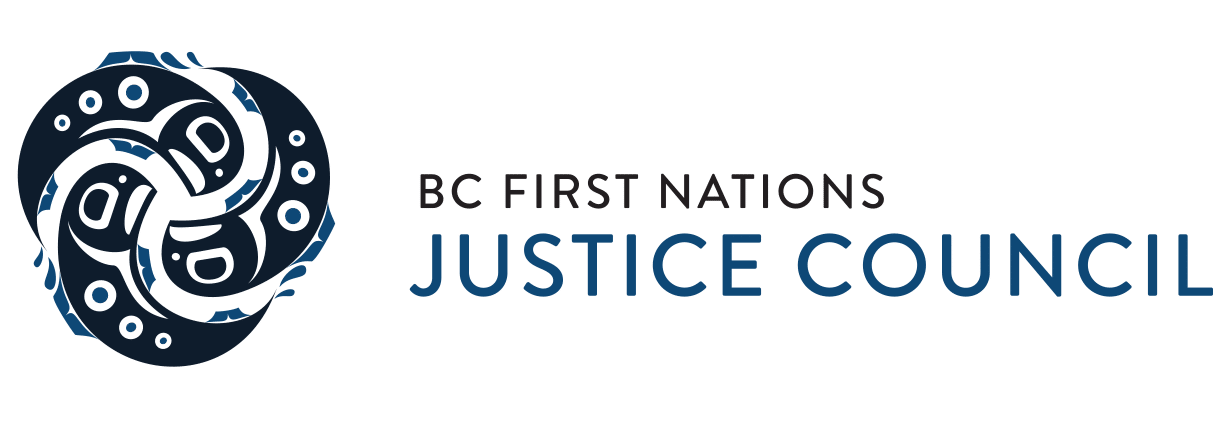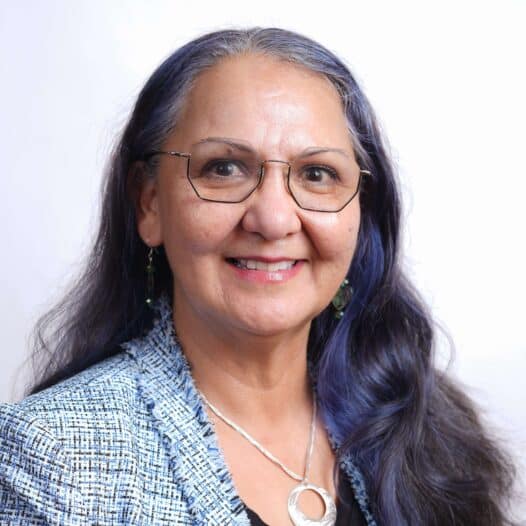
Lydia Hwitsum

Lydia Hwitsum
Lydia Hwitsum (Xtli’li’ye) is a BCFNJC Director and Alternate Chair for Indigenous Women’s Justice Plan, Youth & Education (Bundle D) and Diversion, Corrections, Community-Based Justice Programming (Bundle G). She was appointed by the First Nations Summit.
Ms. Hwitsum has over 20 years of experience in leadership positions in Indigenous governance in BC and Canada, and recently served a term as Chief of the Cowichan Tribes. She previously served four two-year terms as the elected Chief, and in 2019 was elected to a second term on the First Nations Summit Political Executive. Ms. Hwitsum has been a staunch advocate for Indigenous and human rights, presenting at local, national, and international stages, including at the UN Permanent Forum on the Rights of Indigenous Peoples. She brings to BCFNJC vast experience and a strong commitment to advancing Indigenous rights and justice.
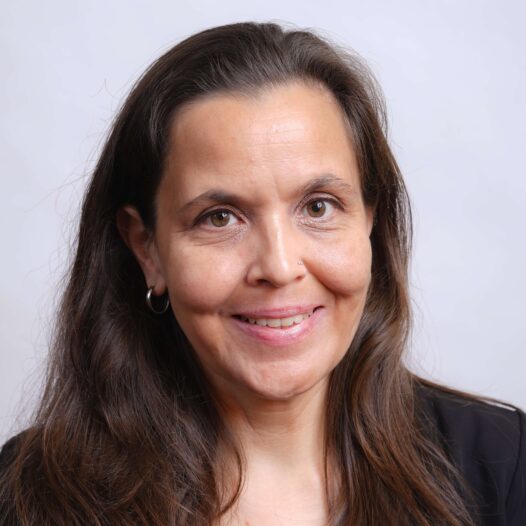
Andrea Hilland, KC

Andrea Hilland, KC
A member of the Nuxalk Nation and an Assistant Professor at the Peter A. Allard School of Law, Andrea has been an empowering advocate within the Indigenous justice landscape. Professor Hilland has extensive expertise in legal practice and prior to her academic career advocated on behalf of First Nations to assert their rights with respect to environmental issues. She has also advised organizations such as the BC Human Rights Tribunal, the Canadian Bar Association of BC, and the Law Society of BC on Indigenous issues in the context of legal regulation. A former BCFNJC Policy Lawyer, Andrea holds a deep understanding of the work we are advancing around the resurgence and power of Indigenous laws.
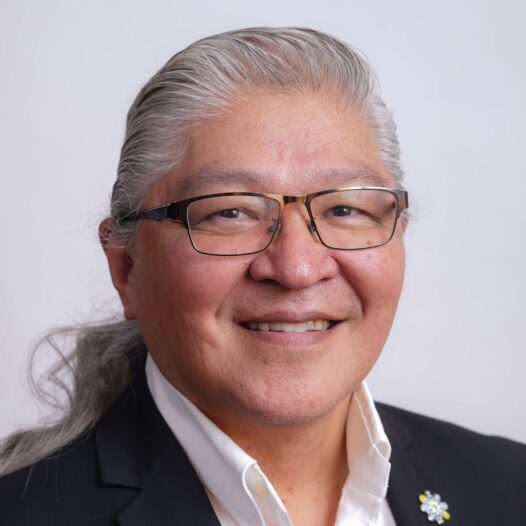
Clifford White (Nees Ma’Outa)

Clifford White (Nees Ma’Outa)
Clifford White (Nees Ma’Outa) is a hereditary leader and a former Chief Councillor of Gitxaała Nation, Clifford has dedicated his life to serving Indigenous people. As an Elder he has played an important role in BC’s First Nations/Indigenous Courts supporting holistic, traditional ways to restore balance and healing. In addition to his involvement as an Elder in the New Westminster First Nations Courts, Clifford is a BC Treaty Commissioner, elected by the First Nations Summit. He is also a Commissioner with BC Housing and a Commissioner with BC Infrastructure Benefits. Clifford brings a wealth of expertise and wisdom with him that will help guide BCFNJC’s implementation of the Justice Strategy.
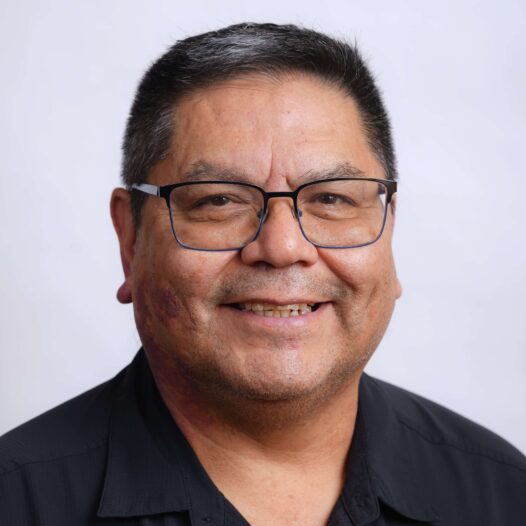
Boyd Peters

Boyd Peters
Boyd Peters, director, Sts’ailes’ Rights and Title Department
Boyd (Xoyet thet) was born and raised in Sts’ailes and has been elected to Council for more than 20 years. He is responsible for looking after Sts’ailes’ Xa’xa Temexw—an expression that conveys the spiritual, physical, and cultural connections that the Sts’ailes people have with the land, water, and resources in their territory.
After Boyd carried out the 1998 community consultation for the Elbow Lake Aboriginal-focused facility in partnership with Correctional Service Canada (CSC), he was hired as the transition coordinator, became executive assistant to the Chief in 2002 and is now the Aboriginal Rights & Title director. Boyd has also been an active member of the Kwìkwèxwelhp Citizens Advisory Committee and was appointed chairperson in 2006.
Boyd is quoted in the document Kwìkwèxwelhp and Sts’ailes, A Historical Journey in Healing Aboriginal Offenders that “a common understanding of our people is that our strength is derived from our culture and spirituality. We are a prosperous First Nation that has developed many innovative made-in-Sts’ailes programs and services and are glad to provide these culturally appropriate services for the Kwikw’te’alex (Elbow Lake Brothers). We recognize that our brothers are vastly over-represented in the prison system and believe that our people have the capacity to help offenders in their healing path. We are open to sharing our cultural and traditional forms of healing for the reintegration of offenders into their home communities. The safety and well-being of all our communities benefit. It is a mutually-beneficial relationship that has gained national and international recognition.”
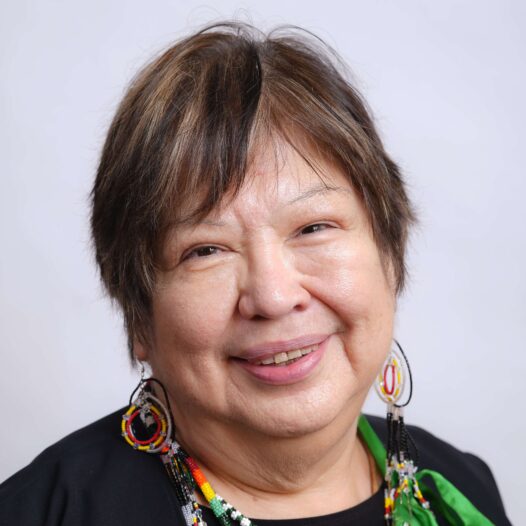
Dr. Judith Sayers

Dr. Judith Sayers
Dr. Judith Sayers (Cloy-e-iis) is President of the Nuu-chah-nulth Tribal Council and Chancellor of Vancouver Island. She is also an adjunct professor with the Gustavson School of Business and the School of Environmental Studies at the University of Victoria.
Judith has been the Visiting National Aboriginal Economic Development Chair and an Assistant Professor at the Faculty of Business and Law at the University of Victoria and in that role facilitated economic development with indigenous peoples Judith practiced law for 18 years in both BC and Alberta.
Judith served fourteen years as Chief of the Hupacasath First Nation, located in Port Alberni, BC. As Chief of her First Nation, she focused on capacity building and sustainable development.
She is on the board of the BC Achievement Foundation and the BC First Nations Justice Council.
Judith has been inducted into Canadian Council of Aboriginal Business Hall of Fame, has been the recipient of the Bora Laskin Fellowship on Human Rights, a Finalist for the Buffet award for indigenous leadership and twice awarded the Woman of Distinction from the Alberni Chamber of Commerce. She has received the Silver Award from the Canadian Environmental Association for Climate Change and is also a member of the Order of Canada.
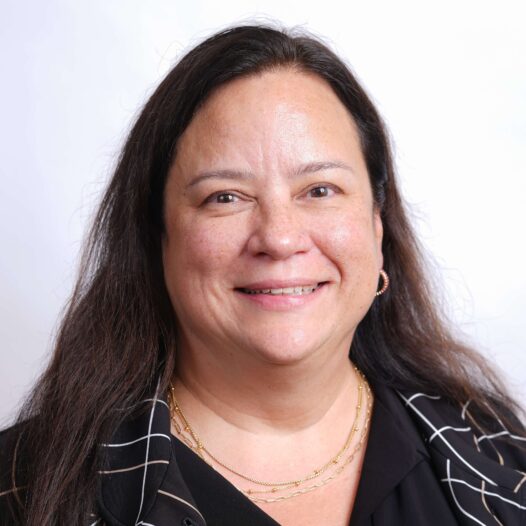
Kory Wilson

Kory Wilson
Kory Wilson (Hemas Kla-Lee-Lee-Kla), BSc. JD, is the Executive Director of Indigenous Initiatives and Partnerships for British Columbia Institute of Technology. Kory is a member of the BC Law Society and she practiced criminal defense and family law. She is Chair of the World Federation of Colleges and Polytechnics Indigenous Affinity Group. Kory has over 20 years of experience in post-secondary education, community development, and legal profession. Good governance is a specialty and a passion. She serves on several boards from Pearson College, BC Women’s Foundation, Downie Wenjack Fund, Future Skills Canada, to the Genome BC.
A sought-after speaker and strategist on advancing and ‘truth-telling’ about the past and moving forward towards Reconciliation. With a deep commitment to education, both formal and informal, she knows innovative and creative solutions are a must to move Reconciliation into ReconciliACTION. Education and access to knowledge are key to move everyone forward. When people know better, they do better. Diversity is a reality, but inclusion is a choice. Inclusion requires bold and courageous conversations and confidence to ensure systemic change and outside the box solutions. We can and must do better – Canada can and must do better. Together we are stronger
